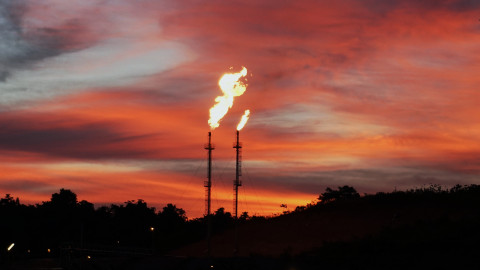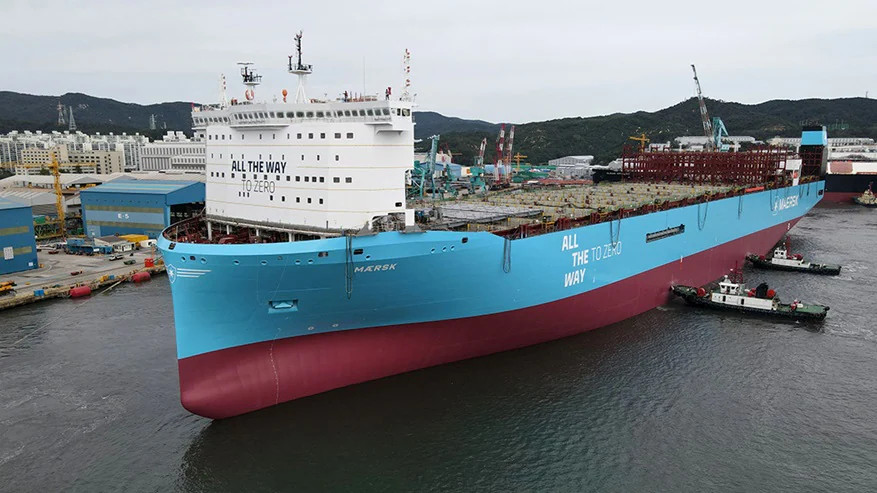Maersk sews up 500,000 TPA green methanol from Goldwind for its green ships
Maersk announced it had signed the world's first agreement for large-scale offtake of green methanol in the shipping industry. The Danish company said it will buy 500,000 tonnes per annum of the green fuel from Chinese producer Goldwind.
Deliveries are expected to begin in 2026 and will be used to power 12 large ocean-going container ships. Maersk currently has 24 methanol-enabled vessels on order. Its first large ocean-going methanol-enabled vessel, sporting a capacity of 16,000 TEUs, is scheduled to arrive in the first quarter of 2024.
In a release, Maersk said its purchases would include a "mix of green bio-methanol and e-methanol". All of it will be produced at a new production facility Goldwind is expected to set up in Hinggan League, Northeast China, around 1,000 km northeast of Beijing.
Goldwind is expected to confirm a final investment decision for the facility – which will utilize wind energy to power operations – by the end of the year.
Rabab Raafat Boulos, chief infrastructure officer at Maersk said in the release: "This deal is a milestone for Maersk as it enables us to significantly reduce our emissions footprint in this decade and stay aligned with the 1.5-degree Celsius trajectory as set out in the Paris Agreement, ensuring continued supply of low carbon shipping services to our customers in the second half of this decade."
Maersk expects to reach net-zero greenhouse gas emissions by 2040 across its business. The company noted that the deal significantly de-risked the initial stages of its net-zero journey while supporting expectations for a competitive green methanol market towards 2030. The marine sector accounts for three percent of global greenhouse gasses , and the sector is also testing vegetable oil-blend biofuels to reduce emissions.
Maersk has been active in the green methanol space. In September, the company's parent AP Moller Holding formed a new company dedicated to large-scale green methanol operations. A month later, the new unit, named C2X, signed a framework agreement to produce the fuel in the Suez Canal economic zone, in a deal estimated to be worth up to $3 billion.













